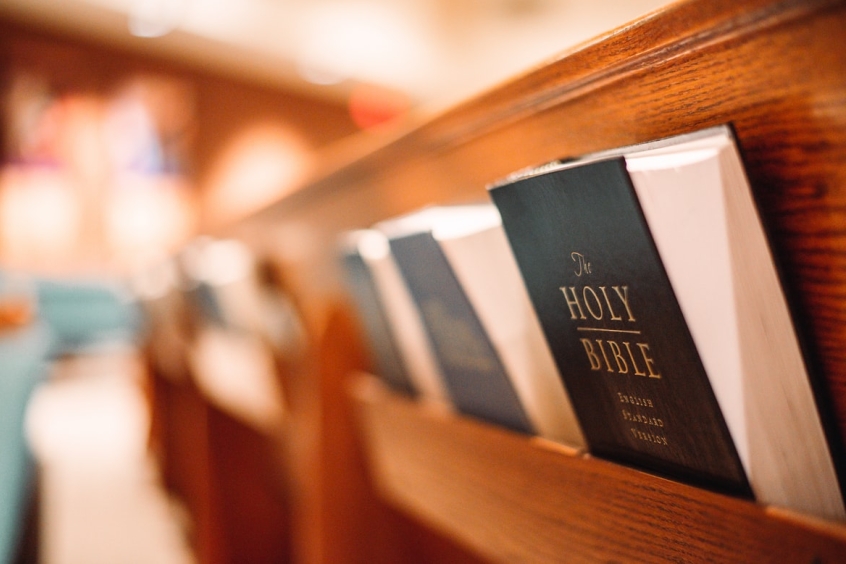
Most churches have returned to weekly in-person services but not everyone has returned to the pews and even among those who have, many are not attending as frequently as they did before Covid-19, new research has found.
The Evangelical Alliance's Changing Church report, which surveyed 552 church leaders and 1,676 church members, reveals a significant shift in the habits of churchgoers since the start of the pandemic.
Some 95% of church leaders say meeting in person on a weekly basis has resumed, while many churches are continuing to offer an online option at least monthly (61%).
But the research finds that attendance at weekly in-person services has dropped by 32%.
Asked to estimate the typical number of people at a church service in person before Covid and over the last month, church leaders reported an average of 124 in attendance pre-pandemic, falling to 85 by autumn 2021.
This finding was also reflected in what individual respondents reported about their own church attendance, with 92% saying they had attended church services in person on a weekly basis prior to the pandemic, but only 68% saying they do so now.
This is contrasted by a 16% rise in fortnightly and monthly in-person church attendance.
While weekly online attendance has not significantly changed since before the pandemic (24% before vs 23% now), there has been a large increase (19%) in online attendance among those who continue to attend on a fortnightly or monthly basis.
More than one in 10 have not returned to their pre-pandemic church. Among church members surveyed, 9% said they are now attending a different church in person while 2% are attending a different church online. A handful (3%) are not attending any church at all.
"What does all of this tell us? The combination of church leaders reporting a reduction in attendance numbers and church members saying they're attending either in-person or online services less frequently, suggests a large proportion of church members have reduced the regularity of their church attendance," the report reads.
The research also reveals that changing patterns of church attendance have had an impact on giving, volunteering and youth work.
Some 60% of church leaders report a decrease in giving. Only 15% said this had increased, while one in five (19%) said it had stayed the same.
Three quarters of church leaders (74%) anticipate a further decrease in congregational giving over the next three months.
Commenting on the figures, Stewardship CEO Stewart McCulloch said, "The committed core of those who give to the church regularly have largely maintained or increased their giving through the pandemic, with some even moving their strong commitment to cash giving online.
"However, cash collections and event fundraising, by necessity, stopped for a season, so like other areas of ministry these need to be actively restarted to become a habit again.
"Falls in attendance have brought a financial toll as well, but the solution here is not financial but evangelistic."
Six in 10 church leaders have perceived a decrease in volunteering, with a quarter saying the drop has been "significant", and over a third (35%) saying they need more volunteers to serve and contribute to the ministry of the church.
One area that has been particularly impacted is youth work, with around a quarter (24%) of churches that offered this pre-pandemic saying they are not running any currently.
Rich Powney, lead theology researcher at the Evangelical Alliance, said the mission of the Church remained the same.
"The Church continues to face a changing, and at times challenging, landscape," he said.
"Yet this is also an opportunity to reflect and reset, to ask strategic conversations and hold formative conversations as we learn some lessons from lockdown.
"As we do this, let's pray that we all remain committed to making Jesus known through our words and actions."













